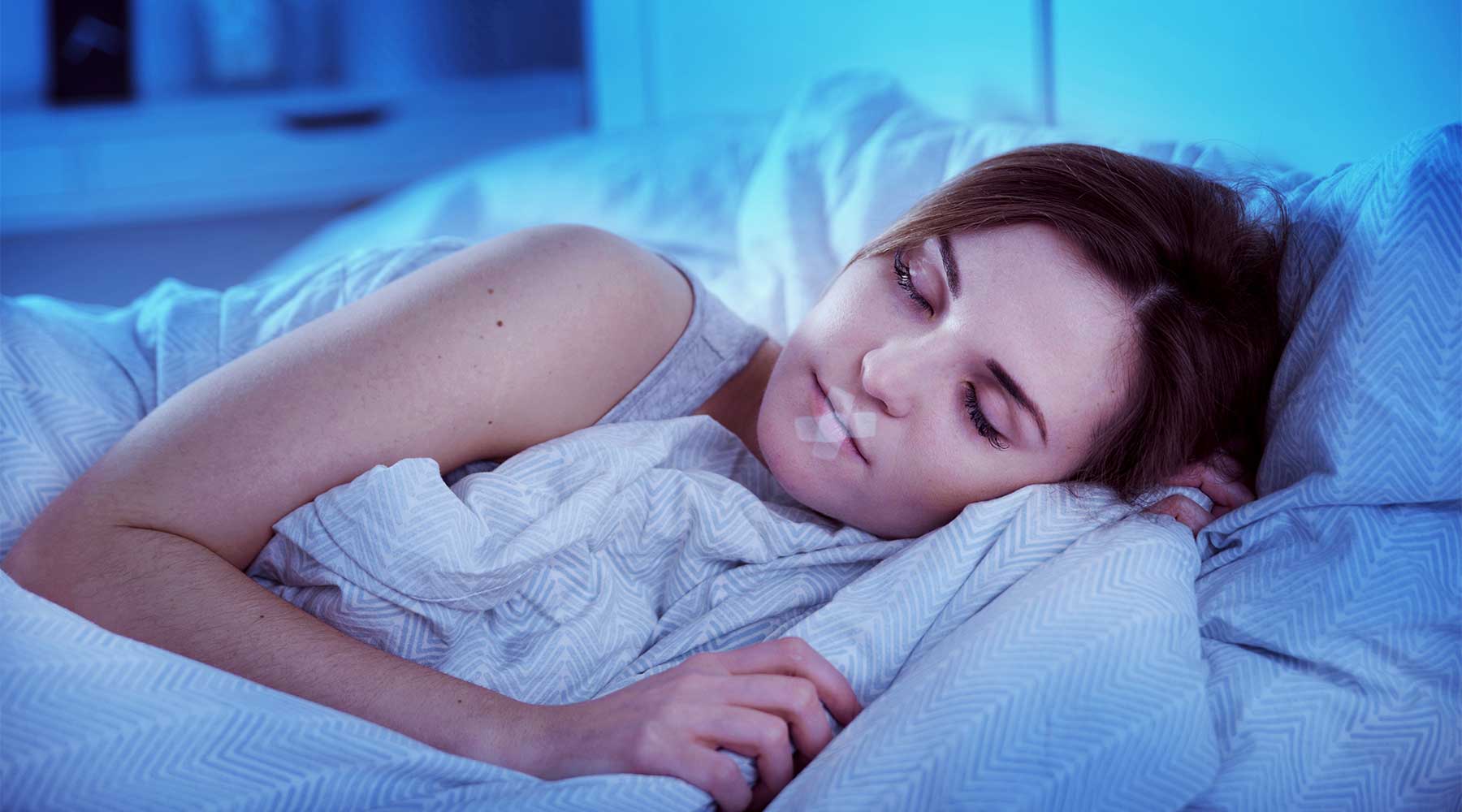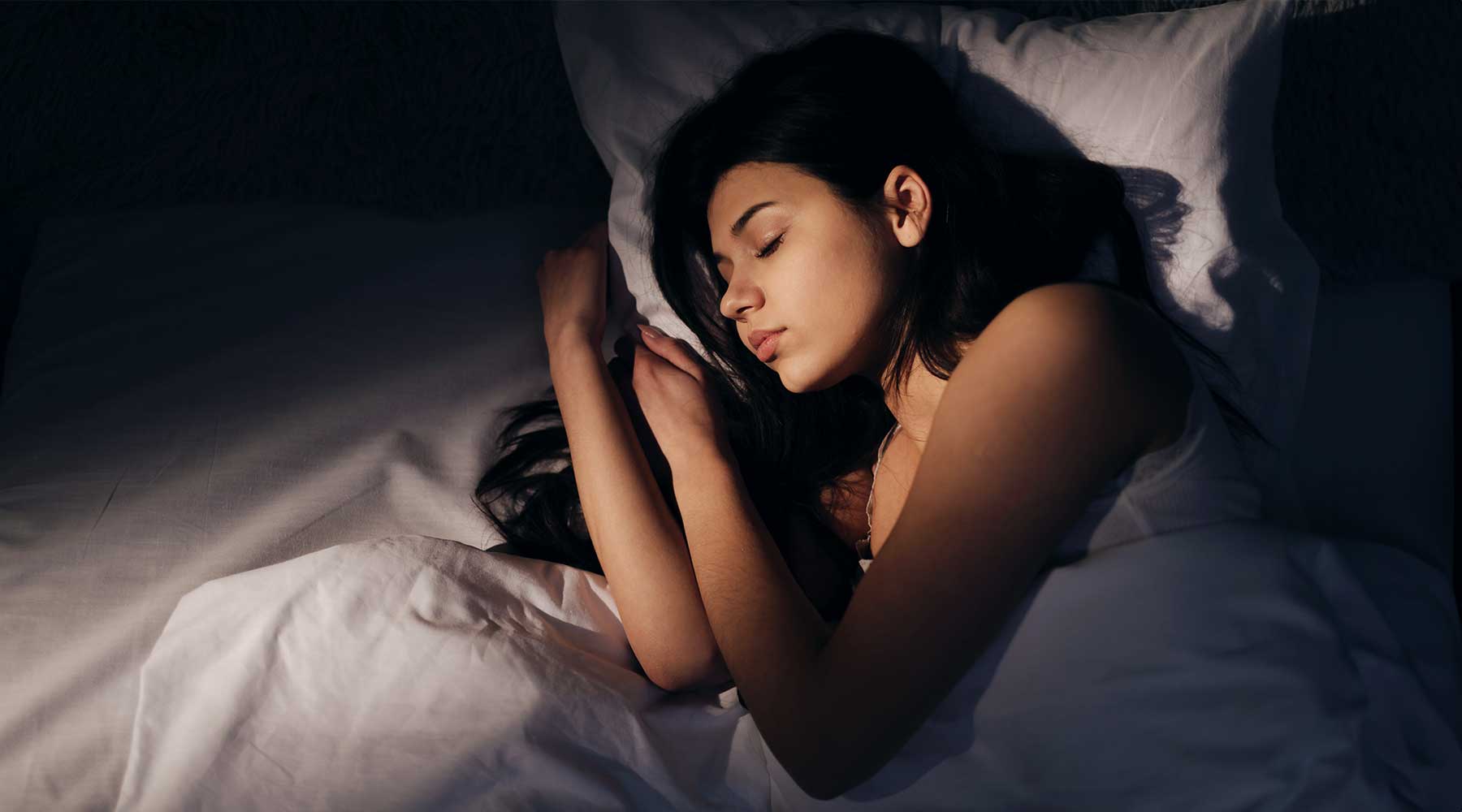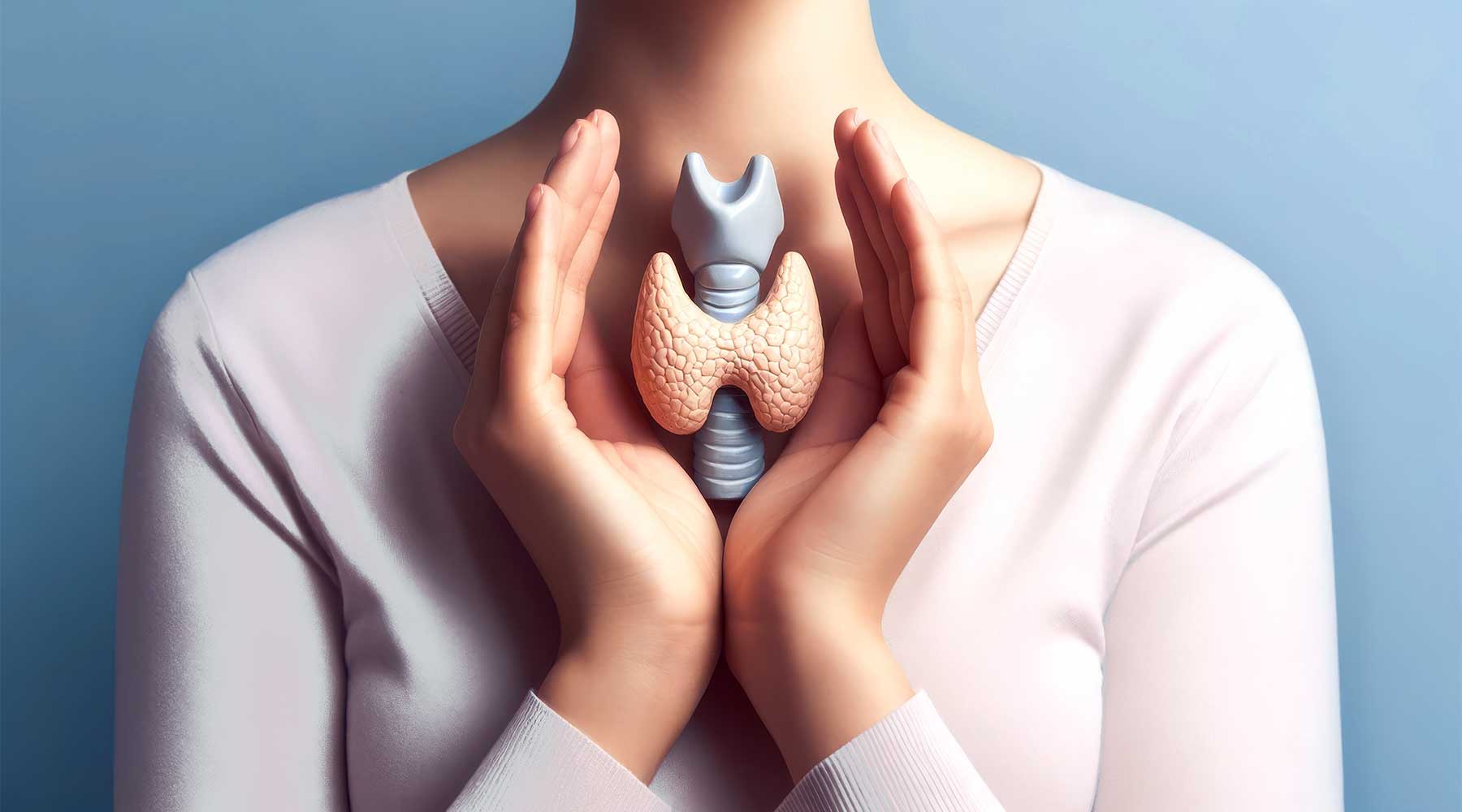
Sleeping better with Mouth Taping ?
Tape your mouth shut with a plaster to sleep better? We explain here whether mouth taping is more than just a trend or whether it really improves sleep.
Table of contents
- What is Mouth Taping?
- breathing at night
- Can mouth taping improve sleep?
- Is mouth taping dangerous?
- Conclusion
1. What is Mouth Taping?
Mouth taping describes a method in which the mouth is closed with a plaster or special sleep tape while sleeping. This is intended to prevent mouth breathing during sleep, which can snoring help and improve sleep quality.
Many influencers, actors and athletes such as professional footballer Erling Haarland swear by this sleeping technique and are sure that sleeping with their mouth taped improves their health and performance.
2. Breathing at night

When we sleep, the entire body relaxes and the muscles in the mouth and throat area relax. This means that the mouth is often open during sleep and is used unconsciously for breathing. The mouth and throat tissue dries out and the air flows unfiltered through the lower respiratory tract. In addition, when the mouth is open, the tongue falls more easily into the throat, further blocking the respiratory tract and causing snoring and sleep apnea be favored.
Nasal breathing, on the other hand, is generally considered a “normal” and healthy breathing technique, as the incoming air is filtered, moistened and warmed with the help of the nasal mucous membranes. This improves the oxygen supply and ensures more restful sleep.
However, there are various reasons why we breathe through our mouths instead of our noses in certain situations. During strenuous exercise, such as during sport, mouth breathing can actually help to breathe in more air in a short period of time and increase the oxygen supply in the short term. However, it is often only used when breathing through the nose is difficult, for example because the nostrils and upper airways are blocked. In the case of viral infections and allergies of any kind, especially against pollen or house dust, the nasal mucous membranes swell and produce increased secretion, which causes a runny nose and blocks the nose. But anatomical narrowing of the na
3. Can mouth taping improve sleep?
Yes and no! By taping the mouth shut, the opening and breathing through the mouth is prevented, so that inhalation and exhalation occur automatically through the nose. Various studies show that mechanically closing the mouth has a positive effect on sleep quality and can help against severe snoring and mild symptoms of sleep apnea. However, experts agree that these studies are not conclusive enough. The effect of mouth taping has therefore not been fully proven scientifically.
In principle, there is nothing wrong with preferring healthy breathing through the nose. However, it is more important to find out why people breathe through their mouths and what prevents them from breathing through their nose. If allergies and infections are the cause of preferred mouth breathing, these should first be examined and treated.
Tip: Sometimes it can help to simply change your sleeping position! When you sleep on your back, your mouth is often open because the jaw muscles relax and your tongue slips into your throat. If you turn onto your side, your mouth will stay closed more easily.
4. Is mouth taping dangerous?
Mouth taping itself does not pose a direct danger to healthy people who do not have restrictions on nasal breathing. Sleeping with your mouth taped shut does not usually lead to unnoticed suffocation during sleep, as insufficient oxygen supply puts the body on alert and causes you to wake up. However, anyone who has difficulty breathing through their nose, for example because they suffer from sleep apnea, allergies or an acute respiratory disease, should avoid mouth taping.
5. Conclusion
-
Mouth taping is a trend in which the mouth is taped shut with a plaster while sleeping.
-
Mouth taping can help support healthier nasal breathing, but is not recommended for people with sleep apnea, allergies, and respiratory diseases.



Leave a comment
This site is protected by hCaptcha and the hCaptcha Privacy Policy and Terms of Service apply.